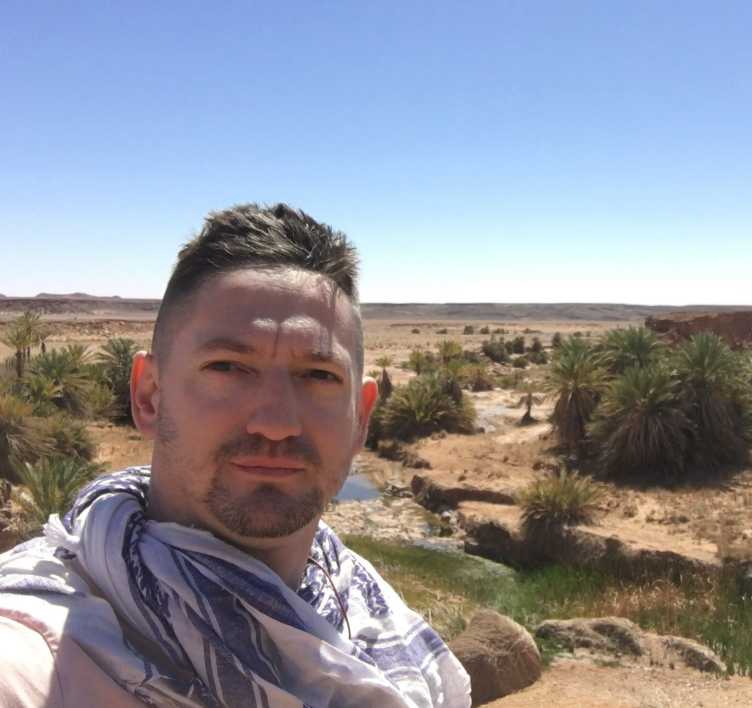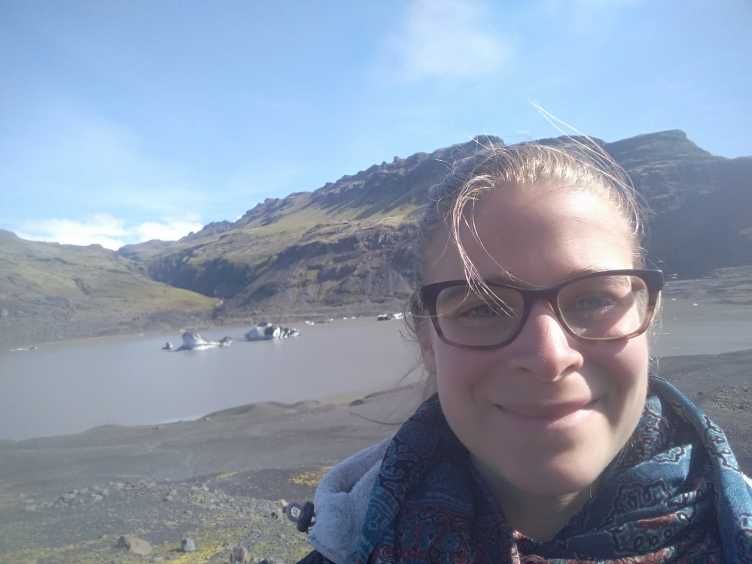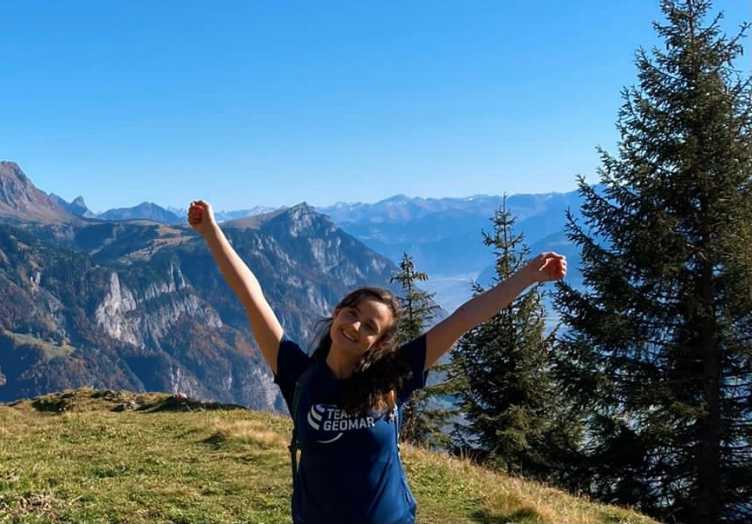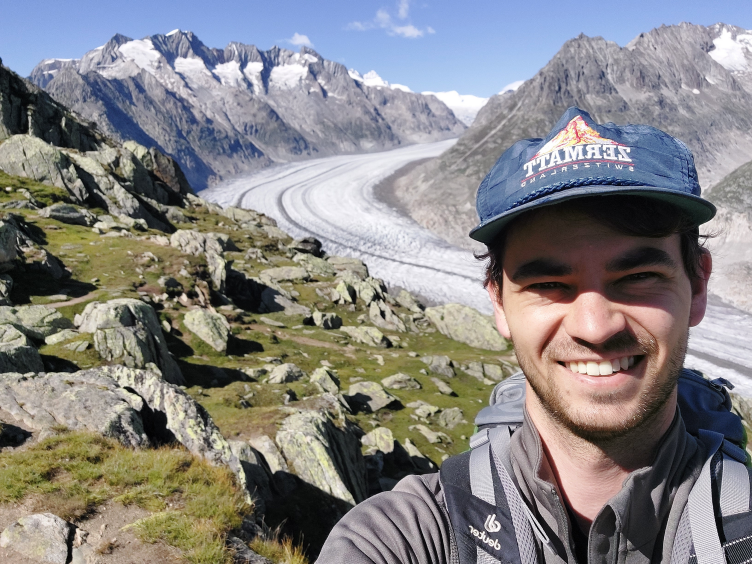PhD students
Duncan P Dale (FGS)

I am a PhD student from the UK with an Earth Sciences background with extensive experience in geology and geochemistry. Coming from a maritime nation, I have always had a deep fascination with the ocean, which I understand to be the engine of Earth surface geochemistry and have oriented my work and studies towards it whenever possible. Having studied ancient changes to ocean geochemistry for many years, I am excited to now be directly measuring and assessing the changes happening today to this potential driver of climate change.
My contribution to the Group is in understanding the ocean movements in the Subpolar North Atlantic: the seas between Norway and Greenland and particularly the vicinity of Iceland where there are important highways of ocean circulation into and out of the Arctic. I am using anthropogenic radionuclides such as 129I and 236U to trace the complex ocean circulations in this key region to better understand the inputs, outputs and internal dynamics of this crucial Arctic gateway.
Education
MSc Earth Sciences (2021) – ETH Zürich, Switzerland
MSc Thesis: A reconstruction of Middle and Upper Triassic seawater δ26Mg from dolomites of the Lombardian Alps
Supervisors: Prof Derek Vance, Dr Netta Shalev, Prof Stefano Bernasconi
BSc Geology (2019) – Birkbeck, University of London, UK
IT & Operations Manager (2005 – 2019) – Crawford Aviation Ltd, London, UK
BSc Science Communication & Policy (2004) – UCL, London, UK
Lisa Leist

I am a PhD student from Germany, with a big interest in ocean science. I’m studying chemical tracer distribution in the subpolar north Atlantic, from Portugal to Greenland and the Labrador Sea. I want to better understand the pathways and timescales of water mass circulation to be able to provide further information on the future ocean in a changing climate. Therefore, I am using the anthropogenic radionuclides 129I and 236 U as well as the 14C as “atomic buoy” to trace water masses, which are important for our climate.
Further, as a chemist by training, I am fascinated by bridging orders of magnitude in size, from atoms to global scale processes.
Curriculum Vitae
MSc in Chemistry (2019) – Christian-Albrechts Universität Kiel, Germany
BSc in Chemistry (2016) - Christian-Albrechts Universität Kiel, Germany
Annabel Payne

I’m a paleoceanographer by training, and I have previously used the radiogenic isotopes of Nd, Sr, Pb and Hf to trace sediment weathering and ocean transport during both the Cretaceous and the Last Glacial Maximum using TIMS and MC-ICPMS. My interest lies in applying these more traditional tracers to the present with our new transient tracers 129I and 236U to trace ocean circulation through the Arctic. The goal is to better understand transport processes and mixing regimes across the Amerasian Basin and the wider Arctic Ocean, particularly in the context of the ongoing "Atlantification" of the Arctic as a result of climate change.
Education
M.Sc in Marine Geoscience (2021) - CAU Kiel, Germany
Thesis: Early Cretaceous evolution of weathering pathways - implications for the Southern Ocean
Supervisors: Prof. Dr Martin Frank & Dr Sascha Flögel
B.Phil in Geoscience (2019) - Macquarie University, Sydney, Australia
B.Sc in Geology & Geophysics (2018) - Macquarie University, Sydney, Australia
Marcel Scheiwiller

My research is dedicated to unraveling ocean circulation dynamics in the Arctic Ocean, with a particular emphasis on the Fram Strait—the main water gateway between the Arctic and North Atlantic Ocean. The Arctic Ocean is a focal point due to its accelerated warming, which has unprecedented implications on many different levels, such as altering circulation regimes. My goal is to expand our knowledge of timescales, pathways, and water mass mixing within these circulation regimes. To this purpose, we use various tracers in the group as a type of tracking device for water masses. To measure and study these tracers, we engage in research expeditions to remote locations to collect water samples. Through my work, I aspire to contribute valuable insights to the urgent challenge of climate change.
Education
Master of Science ETH in Environmental Sciences (2023), Major in Biogeochemistry and Pollutant Dynamics
Bachelor of Science ETH in Environmental Sciences (2020)